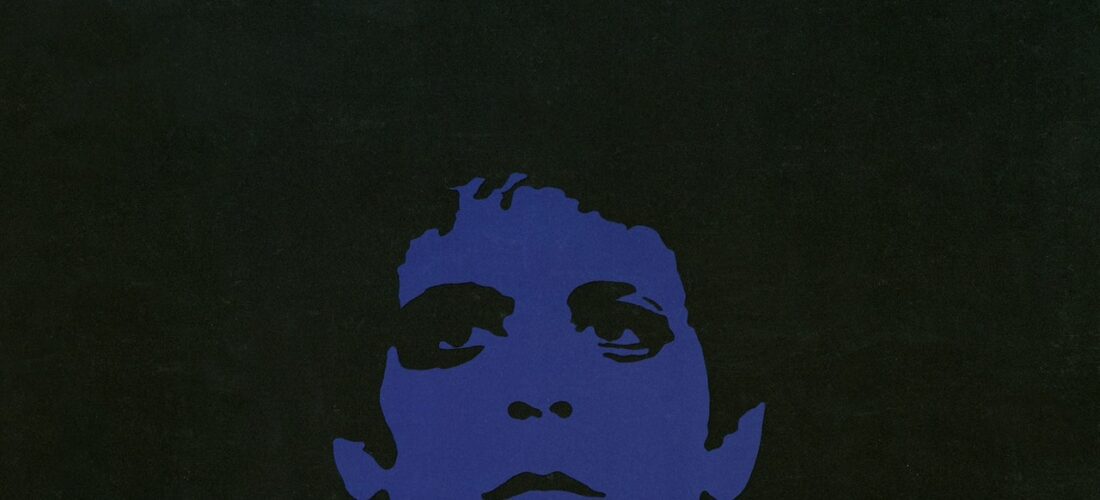The three-minute guitar duet that kicks off 1974’s Rock ’n’ Roll Animal is kind of satanic when you know what’s coming: “Sweet Jane,” one of the most beautiful and important songs of all time, written by Lou Reed for the Velvet Underground, a beautiful and important band that felt like the last piece of the puzzle to teenage rock fans who discovered them during their renaissance in the early nineties. “Sweet Jane” is the song that liberated a generation from classic rock radio. It proved that you could write something durable without resorting to the exhausting riff-mongering of Foreigner or the idiot machismo of AC/DC. To hear this landmark of art rock used as a prog noodle pot by Reed’s touring band is a profoundly disorienting experience, but the whole album is like that. They do “Heroin” as the kind of uptempo funk that would later be used to get guests on and off of late-night TV. It all sounds very not Lou Reed, but by 1973 the question of what Lou Reed was had become unsettled.
Fans who encountered Reed’s body of work in retrospect may be surprised to learn that Rock ’n’ Roll Animal was his first gold album. I urge you to listen to it—if only to understand what might have happened if he had been born an Allman Brother—at some point before you put on The Blue Mask, an album Reed would release almost a decade later, in 1982, after a series of semi-public crises including but not limited to: moving in with his parents, brakes-off methamphetamine abuse, the slow and occasionally violent end of his relationship with Rachel Humphreys, and asking David Bowie to produce his record seconds before drunkenly assaulting him.
This period of personal disintegration coincided with a six-album run of legendarily confusing studio albums. My favorite is probably Street Hassle, which peaked at No. 89 on the Billboard charts. It contains the masterpiece title track but also the charitably-interpretable-as-satire “I Wanna Be Black,” a song that rhymes “have natural rhythm” with “shoot twenty feet of jism.” All Reed’s post-Rock ’n’ Roll Animal albums feel this way: for every good song, there are three that make you think he wrote the good one by accident, or that he is somehow mad at you for continuing to like him. The peak of this seeming hostility was Metal Machine Music, which Chuck Klosterman cited to illustrate his concept of the “advanced irritant,” an artist who has produced works of genius and then backslides to music that is simply bad. Still, I would rather listen to Metal Machine Music than Growing Up in Public, whose lyrics are disfigured by therapy-speak and whose instrumental arrangements sound alarmingly like Billy Joel.
